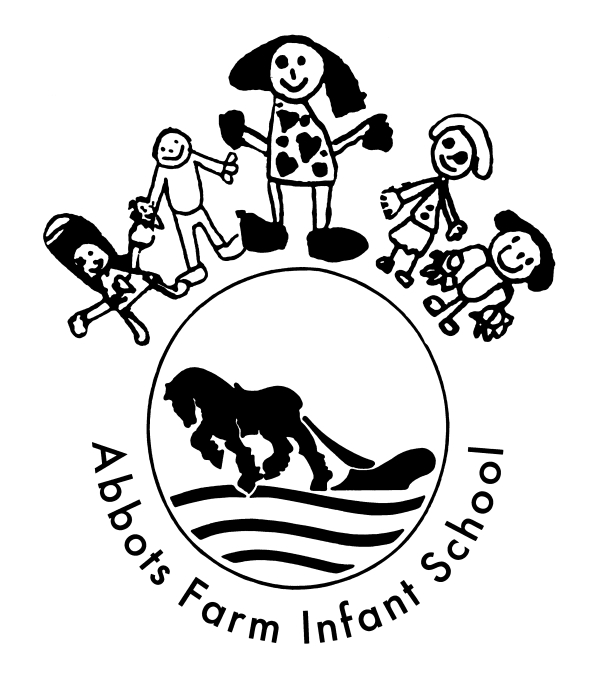PSHE and RSE
Intent
Our school holds children at its heart and our PSHE curriculum helps children understand and value how they fit into and contribute to the world. By following the Jigsaw PSHE 3-11 scheme we place a strong emphasis on emotional literacy, building resilience and nurturing mental and physical health. Jigsaw lessons promote mindfulness allowing children to advance their emotional awareness, concentration, focus and self-regulation. We believe it is essential that all children gain the confidence and abilities within this subject area, in order to prepare them for the challenges they may face now and in the future. It is our intention that the study of PSHE will enhance and extend children’s learning across the whole curriculum. We aim for our children to develop skills enabling them to embrace the world in which they live both as individuals and as part of a community. We believe everyone has the right to feel safe, children need to be able to keep themselves safe and know what to do when they feel unsafe. We follow the Protective Behaviours scheme and reinforce this message and language of safety with everything we do at school. We aim to teach children about their own emotions, that being calm is helpful for learning & strategies that they might use to regulate their own emotions.
Implementation
At Abbots Farm Infant School we use Jigsaw 3-11 in every year group, which offers a comprehensive programme for Primary PSHE, including statutory Relationships and Health Education, in a spiral, progressive and fully planned scheme of work, giving children relevant learning experiences to help them navigate their world and to develop positive relationships with themselves and others.
The Jigsaw 3-11 scheme of work is sequential and is split into year groups. The teaching of PSHE is broken down into puzzles (units), with one puzzle being taught each half-term. Puzzles are made up of pieces and one piece is taught each week. In Early Years a typical lesson has the following structure: calm me, interest me, help me learn, let’s think. In KS1 a typical lesson includes: The Jigsaw charter, connect us, calm me, open my mind, tell me/show me, let me learn, help me reflect. Each class in our school has a Jerry cat, a Jigsaw friend and a calm time chime bar. These are used in every lesson. In our school PSHE lessons are taught as a whole class with opportunities to further develop skills taught through Continuous Provision.
In addition to weekly Jigsaw lessons children also have Taking Care lessons following the Protective Behaviours scheme. In the Autumn term children have discrete weekly lessons covering a period of four weeks. These lessons are followed up in all areas of the curriculum during the year. In the Summer term the Protective Behaviours scheme is revisited as a intense block of lessons in a week.
All classrooms have a Zones of Regulation display board that supports the delivery of PSHE & Taking Care. This board is added to over the year as children widen their vocabulary around emotions. Children are encouraged to use these Zones of Regulation to help them when they don’t feel calm as they contain strategies for returning to the calm zone. A calm box with different activities can be found alongside this & is available for children to access as required.
Impact
Our PSHE Curriculum is progressive and builds on and embeds key skills. We focus on progression of knowledge and skills and also on vocabulary which also form part of the units of work.
If children are keeping up with the curriculum, they are deemed to be making good or better progress. We measure the impact of our curriculum through the following methods:
- Discussions with children about their learning (pupil voice).
- Coaching with teacher focusing on outcomes and evidence of children’s learning.
- Coaching with teachers in lessons to continuously improve our teaching of the PSHE curriculum.
- All coaching provides opportunities for professional dialogue between teachers and PSHE lead which is reflective.
- Progress is measured through regular teacher assessments. These take place at the end of each unit of work taught and judgements are made against the planned objectives. This allows for data analysis to identify any gaps of knowledge or skills. This can then be identified for teacher’s future planning.
